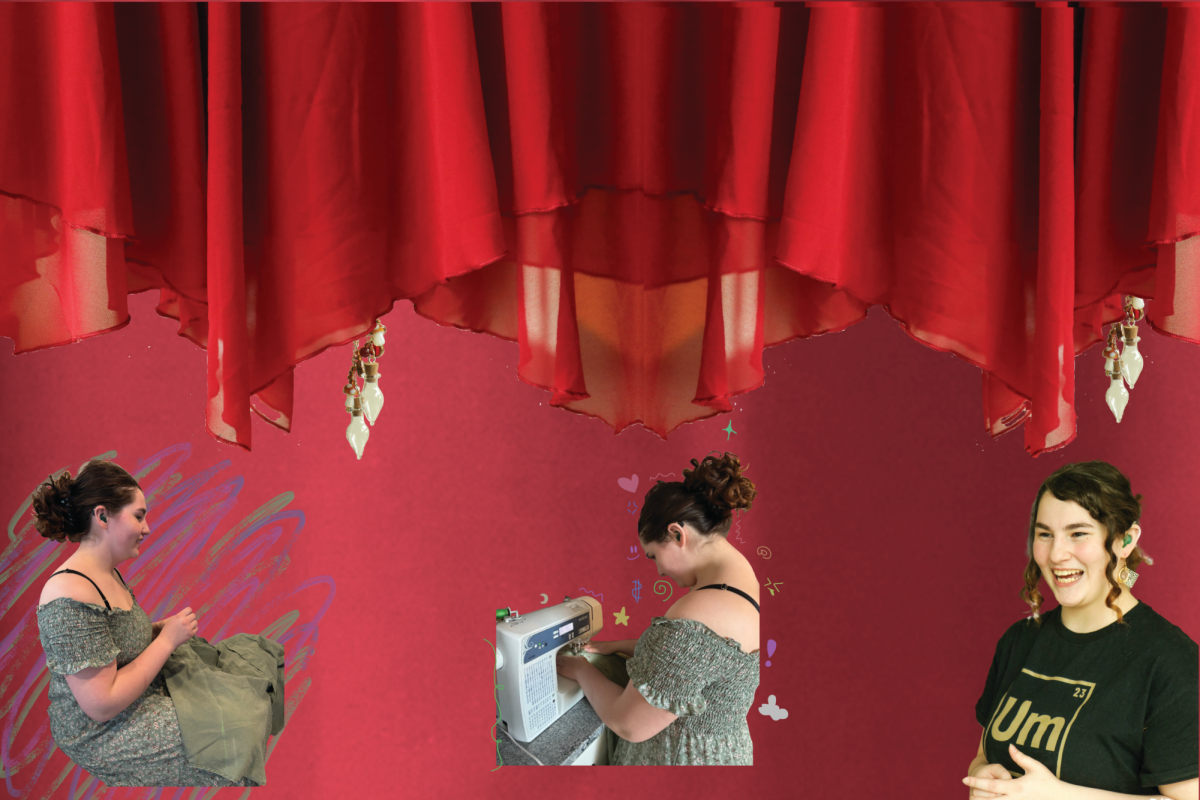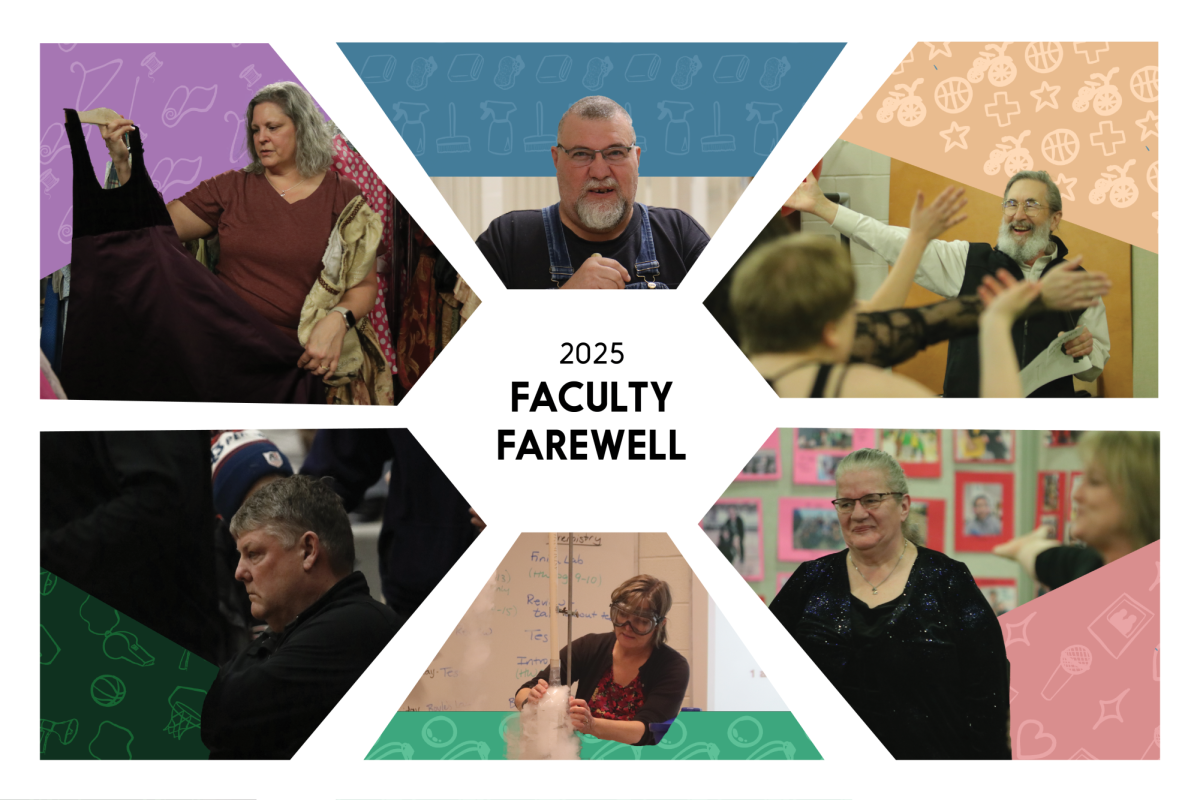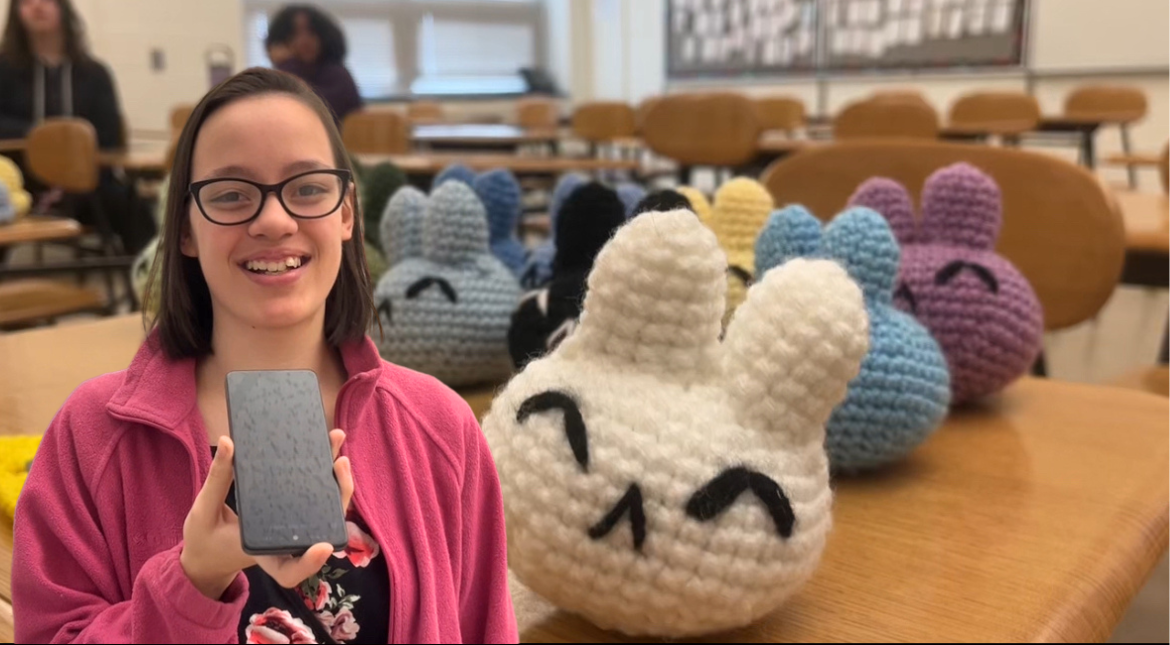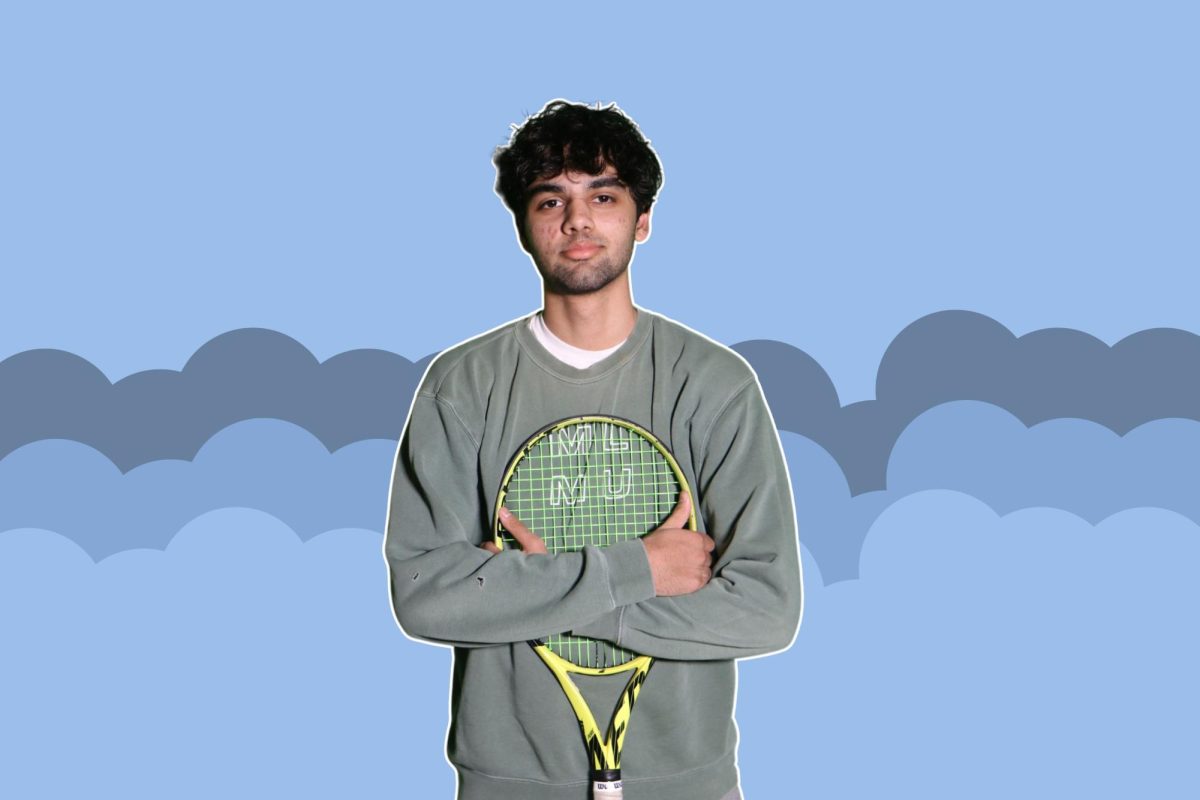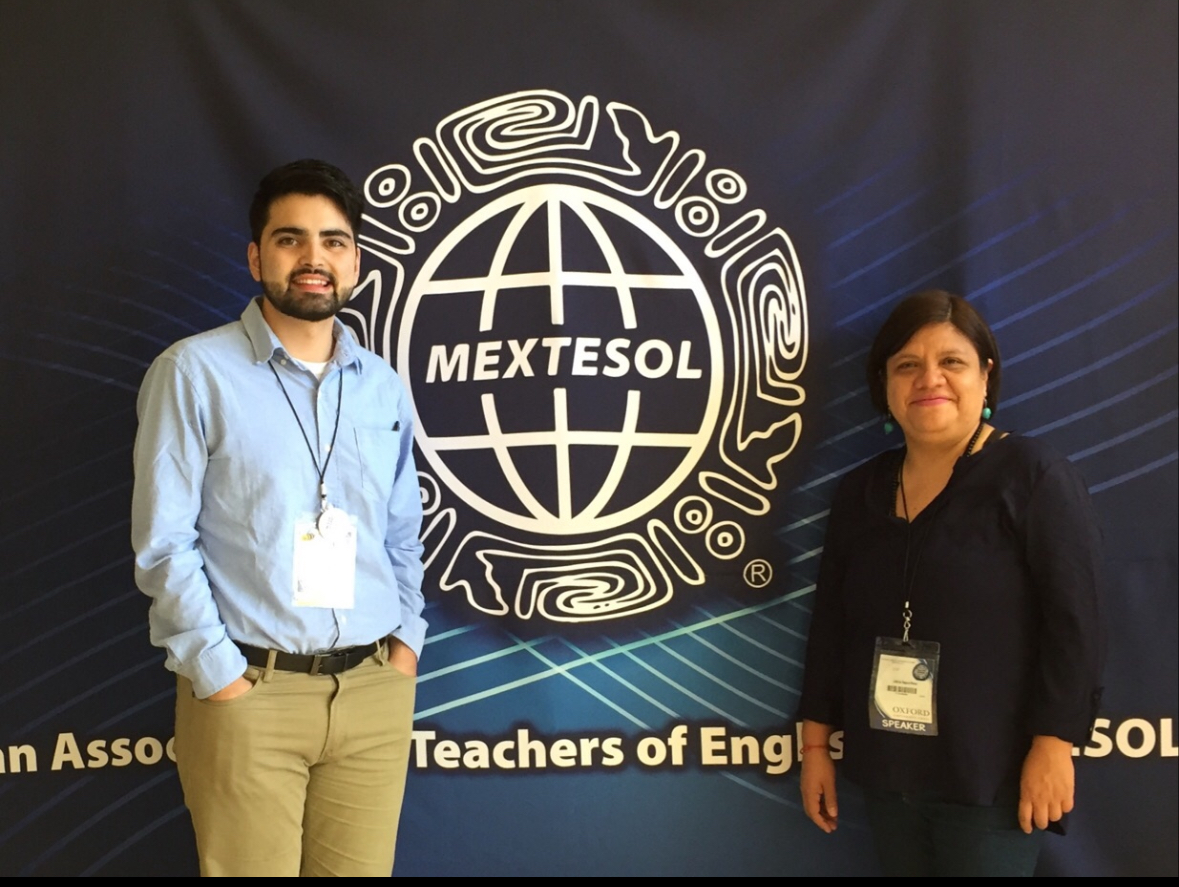Calculus at age 10, the United States of America Junior Mathematical Olympiad at 13 and the Mathematics Olympiad Program at 15 — this is only the tip of the iceberg for Edward Li, a junior at West who will be pursuing his undergraduate studies at the Massachusetts Institute of Technology this fall without graduating high school.
But how does a 16-year-old get admitted into the top school for mathematics without a high school diploma? For Li, his math journey sparked at the age of seven, when he began studying elementary math independently.
“I was already a grade ahead [in math] by first grade, and it accelerated from there. I was done with elementary math by third grade and doing math outside of class a lot [through] Khan Academy,” Li said. “In fourth grade, I took Algebra [I], but I was studying precalculus and calculus at home because the school wouldn’t let me [accelerate] faster. By fifth grade, I was taking precalculus, and I also took the AP Calculus BC exam.”
Li’s early talent didn’t go unnoticed for long — Mark Norton, former teacher at Northwest Middle School and math club advisor, recalls his first time meeting Li, recognizing his potential as early as third grade.
“I got an email from his father in May of 2017. [He wanted] to introduce me to Edward, give a background on where he was with mathematics and look at his special ability,” Norton said. “When visiting, Edward looked up at the whiteboard challenge problems without having a pencil or calculator and took about 20 seconds before he told me, ‘I just solved the first [problem], Mr. Norton,’ — his answer was correct. I knew right away [he] definitely was a special talent.”
After observing Li’s mathematical aptitude, Norton started teaching him Algebra I.
“Edward had an awful lot of natural ability, a special gift for mathematics. He was in my [Algebra] class as a fourth grader and was probably the top kid in the class with mostly eighth graders,” Norton said. “The biggest challenge for Edward that first year was getting used to being in a classroom with those other students, coming from elementary school into junior high. As far as the mathematics was concerned, that was not a problem whatsoever; he thrived right away and continued to skyrocket.”
Eventually, Li exhausted the math courses offered in the standard K-12 curriculum. In fifth grade, he enrolled in Kirkwood Community College courses, later transferring to the University of Iowa as a non-degree student. Over the years, Li immersed himself in the pure mathematics courses offered at the University of Iowa.
“It’s a little bit hard to exaggerate this, but in terms of actual courses, I have basically run out,” Li said. “I have one functional analysis course [left], and there’s a bunch of interdisciplinary [courses]. But in terms of pure math courses, I don’t really have much left.”
Parallel to his growth in academic math, Li channeled his passion into non-academic math competitions. Although both require a strong grasp of core math skills, Li emphasizes how distinct the disciplines are.
“It’s just fundamentally different — it’s barely even the same topic. Sure, they’re both math, but introductory undergraduate classes are essentially learning new concepts, whereas with competitions, it’s more learning new techniques,” Li said.
For Li, math quickly became more than just solving problems alone at the desk. Norton introduced Li to the local math community, organizing weekly math club meetings. There, Li’s talent for math was fostered in a competitive yet collaborative atmosphere.
“We try to build a sense of community where kids make connections with other kids that have an interest in mathematics. I [have] a sense of pride in the program [being] built on the shoulders of kids that have gone through it in the past, so that has [been used] to foster enthusiasm for problem-solving,” Norton said. “I try to do interactive [activities] and work with kids in a fun, competitive setting.”
After surpassing elementary competitive math, Li’s preparation for high school math competitions was more independent, particularly at a national level, making the process difficult to navigate.
“With competitions, there’s not really a curriculum. The U.S. math competition training is especially weird in that there’s not an organized training program outside of three weeks in summer, unlike most other countries,” Li said. “One of the professors at the University of Iowa told us he qualified for the national training camp in Iran in 1990; you drop out of school and you literally train for an entire year, which seems legitimately insane, but in the U.S., you have the polar opposite, where they tell you to go do it yourself.”
Due to the self-guided preparation process, Li uses community forums, such as Art of Problem Solving, to train for math competitions.
“[Competition math preparation] is a lot more community-based. You go on Art of Problem Solving and you see other people’s posts, and [sometimes] you have to go look for it in other places and teach yourself,” Li said.
Despite the competitive culture surrounding the global math community, Li witnesses a supportive and comforting environment.
“The [people] are a lot nicer and more open with their emotions than you would think a bunch of math nerds would be. You [often] don’t have math nerds surrounded by other math nerds, so it’s easier to open up to each other,” Li said.
Li’s enrollment in numerous college courses, paired with his online high school education, detached him from the in-person high school experience. Although college courses require higher academic rigor, Li believes college culture is less competitive than high school culture; this has allowed Li to remain less stressed throughout high school.
“At West, you have a bunch of strivers. Everyone’s taking AP classes and stressing out. At the University of Iowa, it’s a lot more laid back, because you’re not reaching for college admissions anymore, [which is] part of the reason why [high school students] take five APs and three extracurriculars,” Li said. “The biggest difference is that it’s a lot more relaxed at the university, so I’ve never been academically stressed.”
From former astronaut Buzz Aldrin to educator Sal Khan, MIT is known for its notable alumni, as well as its groundbreaking research and interdisciplinary academic programs. Although Li applied to MIT to seek more educational opportunities, he acknowledges that its reputation among the math community was also a factor.
“In the math competition community, MIT is the school — they value math and consider Math Olympiad qualifications to be highly important in applications,” Li said. “Most people who go to the Math Olympiad end up getting into MIT. From the academic side, it is straight-up a good school for math.”
The Mathematical Olympiad Program (MOP) is a prestigious summer training camp held at Carnegie Mellon University, where 60 of the brightest high school mathematicians gather for intensive learning. Six of these students are ultimately selected to represent the U.S. in the International Mathematical Olympiad (IMO). In order to qualify, Li had to score well on a series of math exams, notably the American Mathematics Competition 12, American Invitational Mathematics Examination and the United States of America Mathematical Olympiad (USAMO); the exams increase in selectivity and difficulty in this order.
Like Li, Catherine Xu ’26 has been deeply invested in academic and competitive math. Xu cleared all aforementioned exams and attended MOP alongside Li — extraordinary circumstances, given that two of the 60 students selected for MOP attend West. Xu notes that Li has been a constant throughout her math journey, even as the local math community evolved.
“I didn’t really notice this in middle school, but we had this whole community of people who are constantly surrounding us — after every test, you have someone [with you],” Xu said. “But during high school, it was just Athena [Wu ’24], Cade [Benson ’24] and Edward, so it’s definitely nice to have that person.”
Aside from math, Li finds comfort in a number of outlets and hobbies, such as astrophotography, debate and walking. MIT is openly known for its emphasis on intrinsic curiosity and personal quirks, which Li believes assisted his admission. Xu recalls Li’s tendency to spontaneously go for walks during MOP.
“You know how most people have cars? All [Edward] does is walk; a two to three mile distance [is] nothing to him. He just walks or runs the distance, and if he doesn’t do that, he bikes everywhere,” Xu said. “I remember one time at [MOP], I was outside and saw [Edward], and I’m like, ‘Yo, what are you doing?’ and he’s like, ‘Oh, I’m just taking a walk,’ and then this guy proceeds to go down the street and disappear for two hours.”
Similar to Xu, Norton shares how Li let loose at the 2022 National MATHCOUNTS competition held in Washington D.C..
“I remember Edward at the National MATHCOUNTS competition his eighth grade year,” Norton said. “They had a party instead of a formal banquet, and Edward spent most of the day on the dance floor up there — I was quite impressed with that. Didn’t know he had that in him.”
However, Li finds his happiest memories were created when hanging out with fellow math competitors. Xu recalls when she and Li bonded with the rest of West’s Mu Alpha Theta math team at the 2024 National Math League competition, where the team secured first place nationally for the second consecutive year.
“At Math League last year, Kai Merrill [’25 was with us], and we were all in the same car in the back. Kai had a deck of bird cards, so we just sat in the back and played BS poker. Then, we got to a McDonald’s [during] the road trip, and there, we played Chinese poker. That [experience] was pretty memorable,” Xu said.
Although Li has many hobbies, he plans on experimenting with different extracurriculars, organizations and the partying culture at MIT.
“Hopefully I’ll be able to convince [MIT] to give me credits for most of the University [of Iowa classes], in which case I can spend a lot of time [exploring] instead. [MIT] isn’t particularly large, but there’s a lot of opportunities there, so my plan is to go and figure [it] out,” Li said. “Some people spend all [their time] on academics in high school, [but] when you get [to college], you’re away from your parents [and feel] it’s time to rave. I don’t know if [that’s] what [I should do], but I want to go to at least one.”
Li explains that his career plans may take one of three distinct paths. Whether it’s in New York City’s financial district or San Francisco’s Silicon Valley, Li’s future is still up in the air.
“For most people in math competitions, the general route [involves] three options. You go into academia, [doing] pure math. [You] go into finance [because] companies need people to write algorithms. Or you become a big tech guy, start a startup and [make] a six-figure salary,” Li said. “For most of [my life], I [aimed] to be an academic. But recently, I’ve been thinking more seriously since I’m about to leave, and money has become more of a concern, but I still don’t feel like becoming a finance guy.”
Regardless of Li’s future aspirations, Norton believes Li’s mathematical and emotional development guarantees him a promising future.
“Edward has a tremendous gift for mathematics, but beyond that, it takes maturity, discipline and commitment to take the types of classes he was taking at such a young age. It took a special person, from an emotional and social standpoint, to handle all that — that’s equally as impressive as what he can do mathematically,” Norton said. “I [am] so excited for Edward and wish him the best heading to MIT next year. We’re all really proud of him.”




